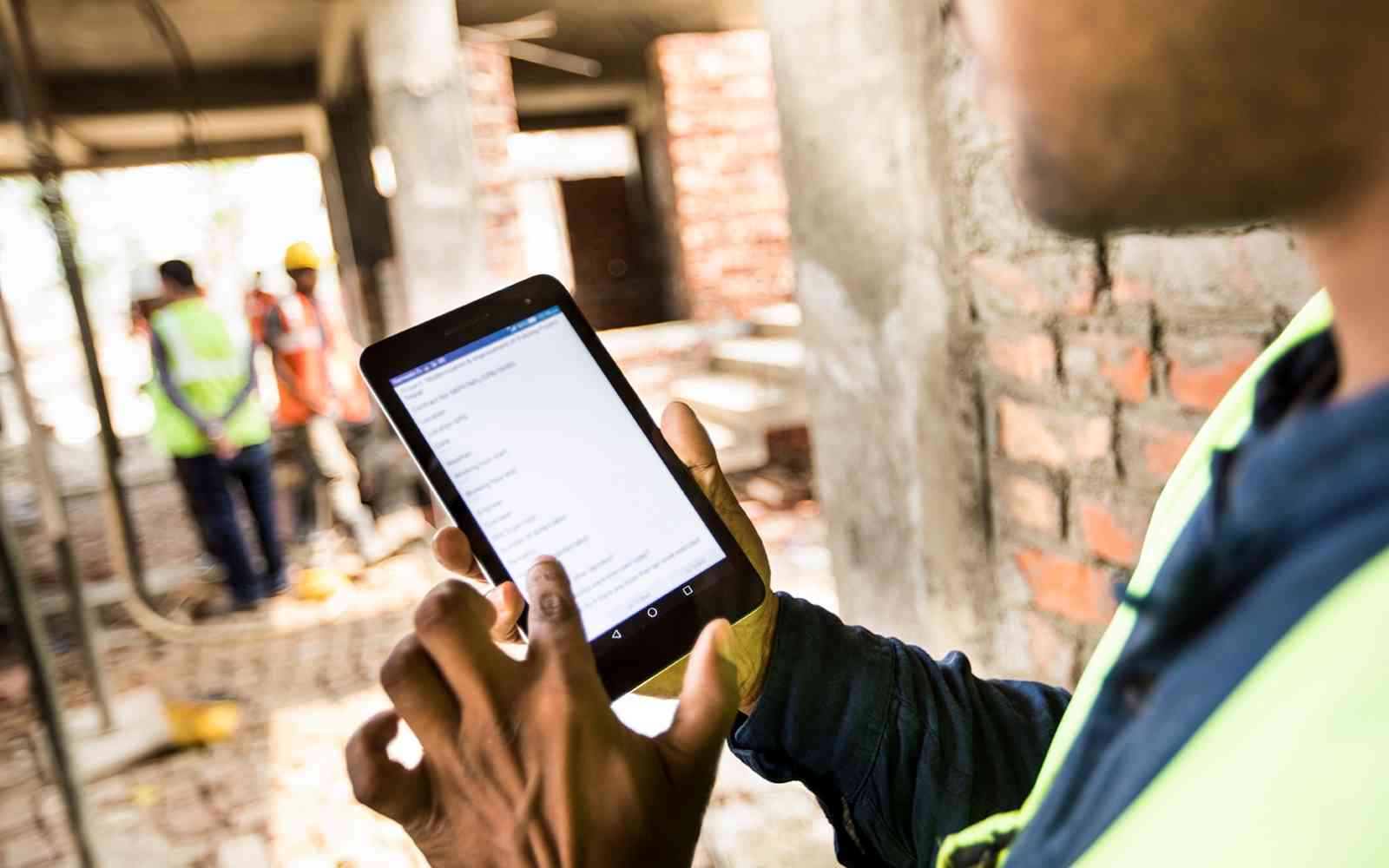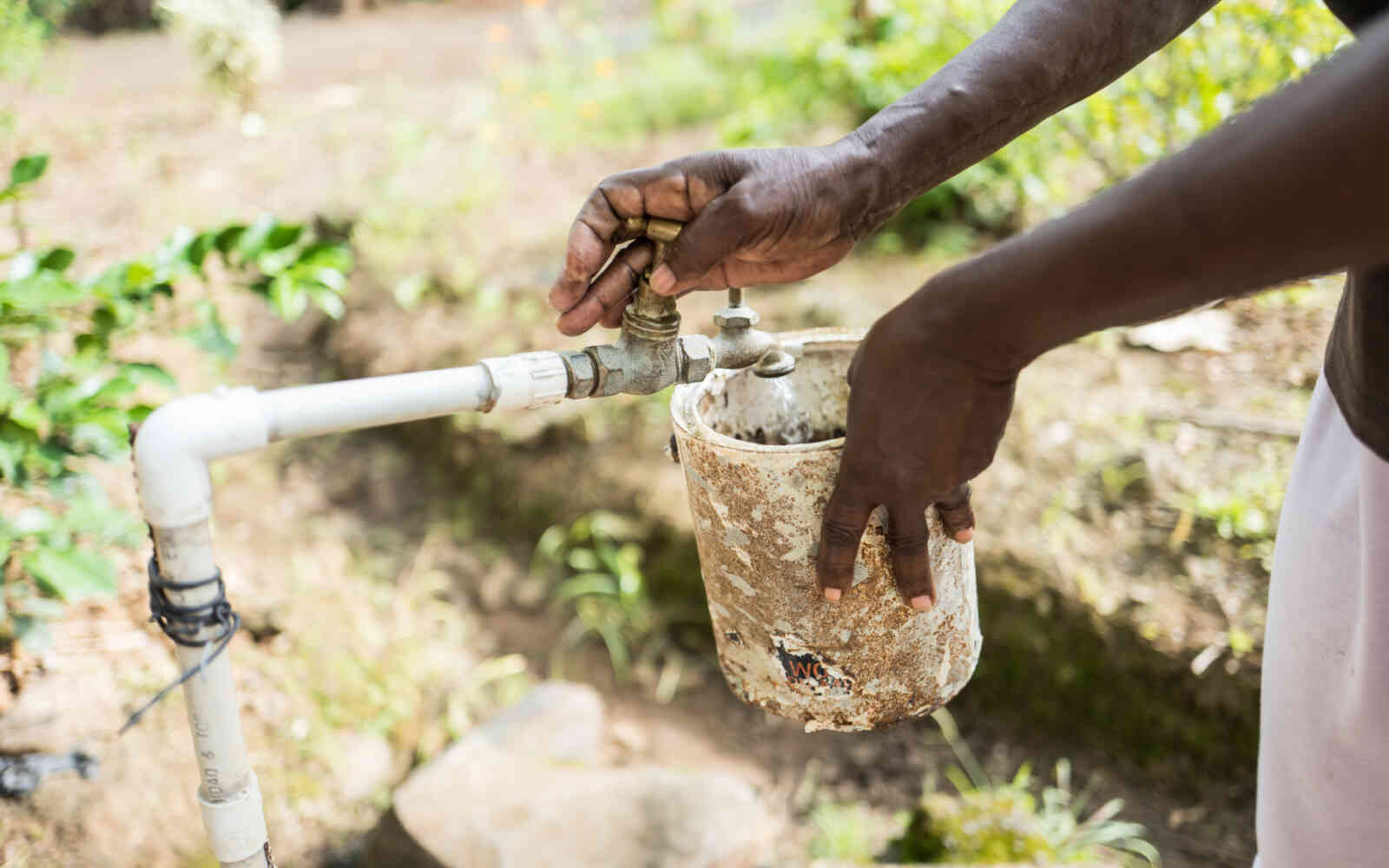The United Nations Office for Project Services (UNOPS)
Effective public spending key to achieving Agenda 2030

A new UNOPS-supported report published by The Economist Intelligence Unit concludes that less wasteful, more efficient government spending practices can free up resources to address a critical funding gap in achieving the Sustainable Development Goals (SDGs).
The research essay — The future of public spending: Why the way we spend is critical to the Sustainable Development Goals — argues that the sheer size of public spending, typically between 15-30 per cent of gross domestic product, makes it a powerful force for change. Efficient public procurement allows governments to make substantial progress towards achieving their social, environmental and economic sustainability objectives.
“How and what governments spend their money on can have a huge impact. It can drive innovation, help build jobs and local economic growth. It can drive behaviour and help contain levels of carbon emissions,” said UNOPS Executive Director Grete Faremo.
“As governments face severe funding gaps to achieve their development agenda, they have a unique opportunity to use their purchasing power strategically to make substantial progress in meeting the SDGs – this research really underlines the importance.”
"Our study demonstrates a number of ways that governments can use procurement as a lever to achieve sustainability objectives and that improving the efficiency and effectiveness of public spending can itself release funds for sustainable development," said Senior Editor at The Economist Intelligence Unit (EIU) Jeremy Kingsley.
While governments are starting to recognize the importance of procurement as a powerful policy tool, problems remain such as the perception that sustainable development is too expensive or that short-term thinking that prioritizes the cheapest price today over the financial, social and environmental cost of a product over its lifetime. Other identified blockages include fragmented organizational structures, corruption and a basic lack of knowledge in the procurement market.
The report also explores how governments can use digital technologies to advance sustainable purchasing – for example, to analyze contracts, monitor supply chains or identify corruption.
Produced by The EIU and supported by UNOPS, the independent research essay includes contributions from leading experts in related sectors, including from the government of Ghana, the World Bank, the Organisation for Economic Co-operation and Development (OECD), the Inter-American Development Bank, Transparency International, Oslo Municipality and the Basel Institute on Governance.
As part of a previous collaboration, the EIU published research, also supported by UNOPS, which explored how infrastructure can help meet global and environmental goals.













